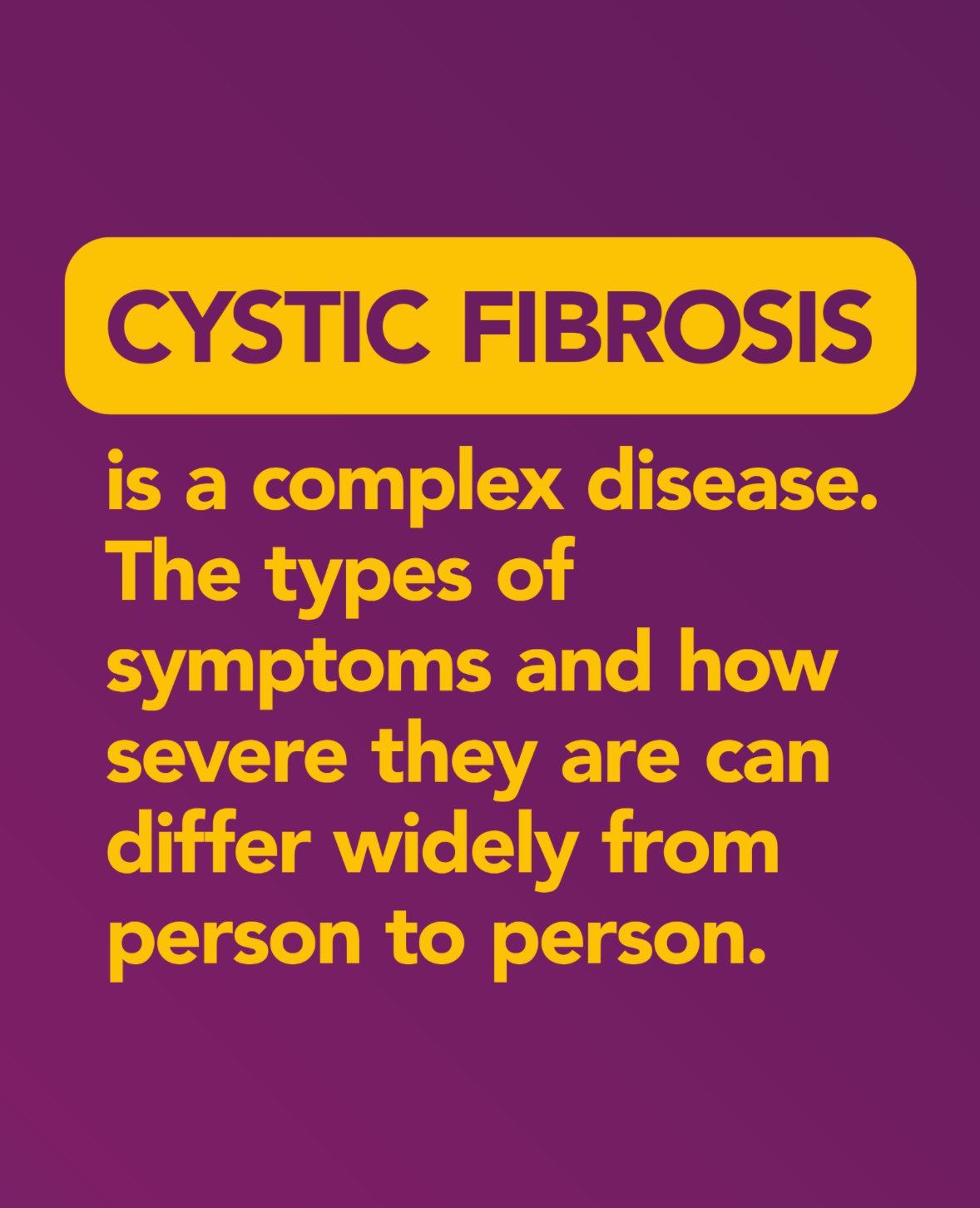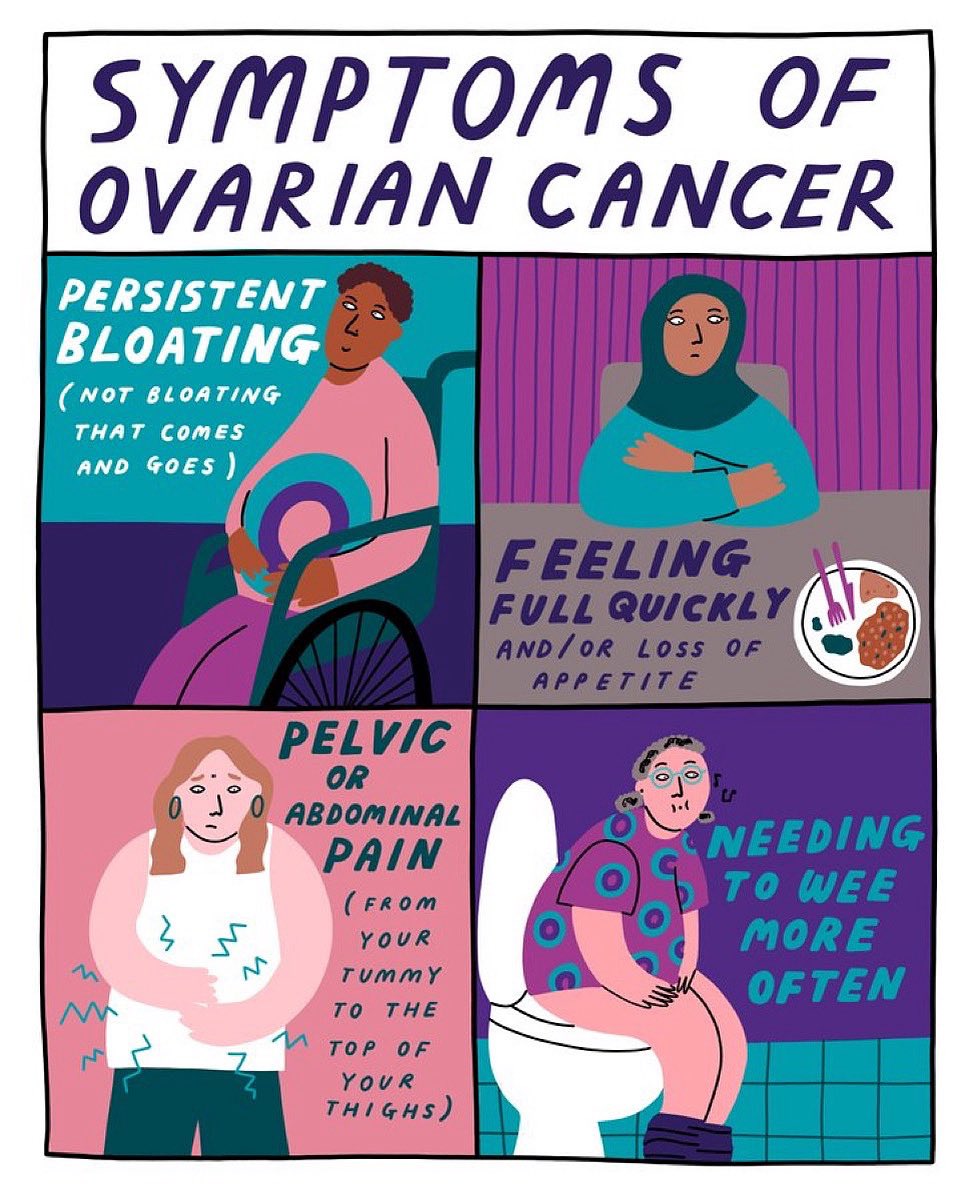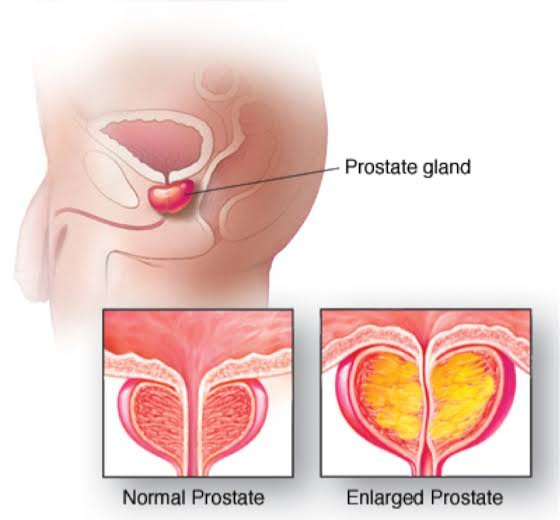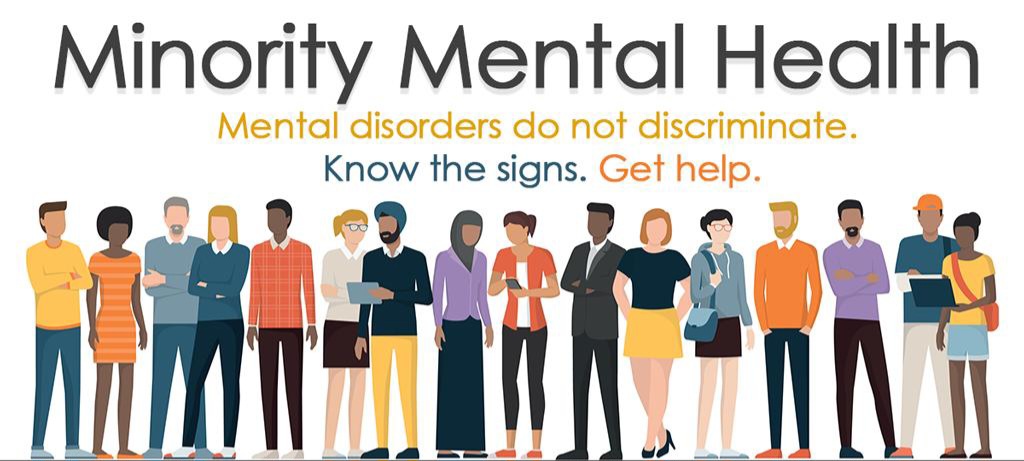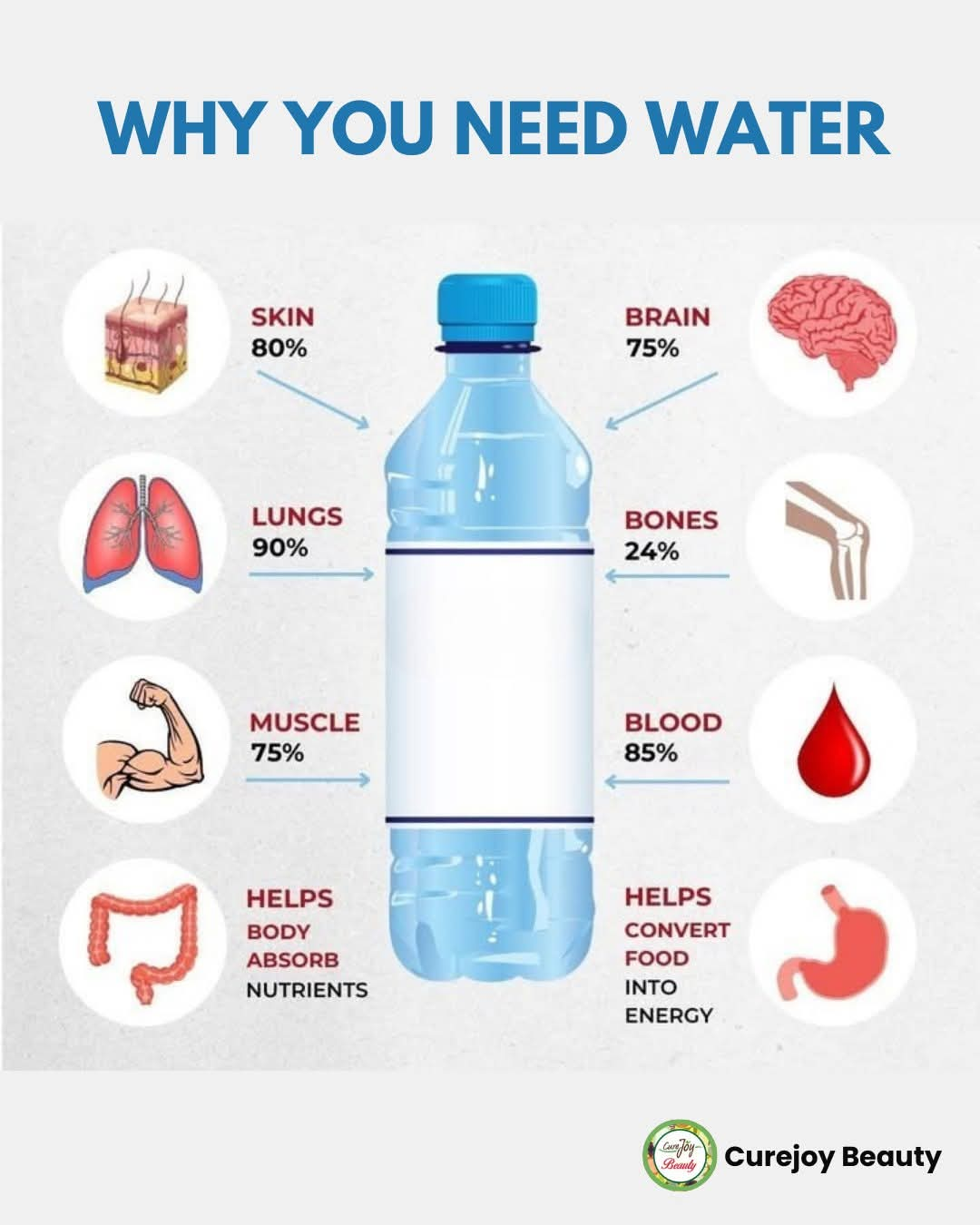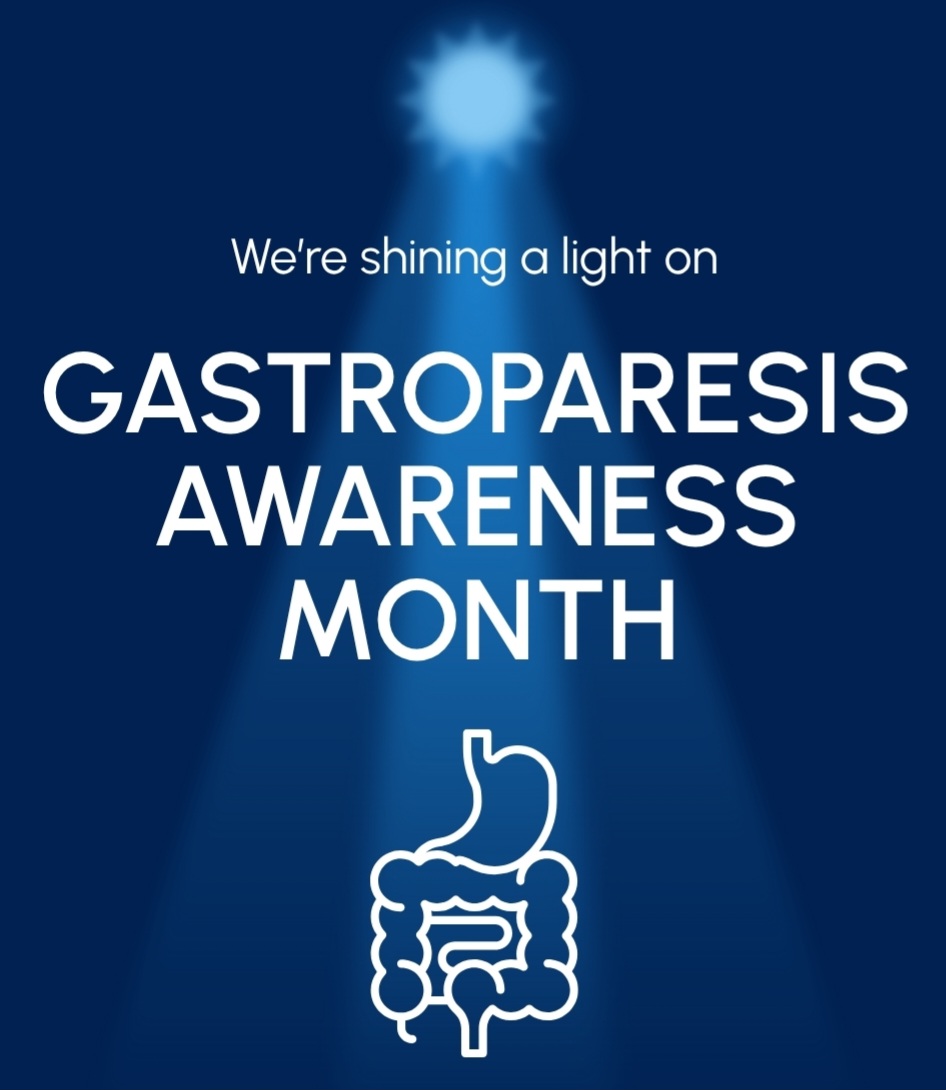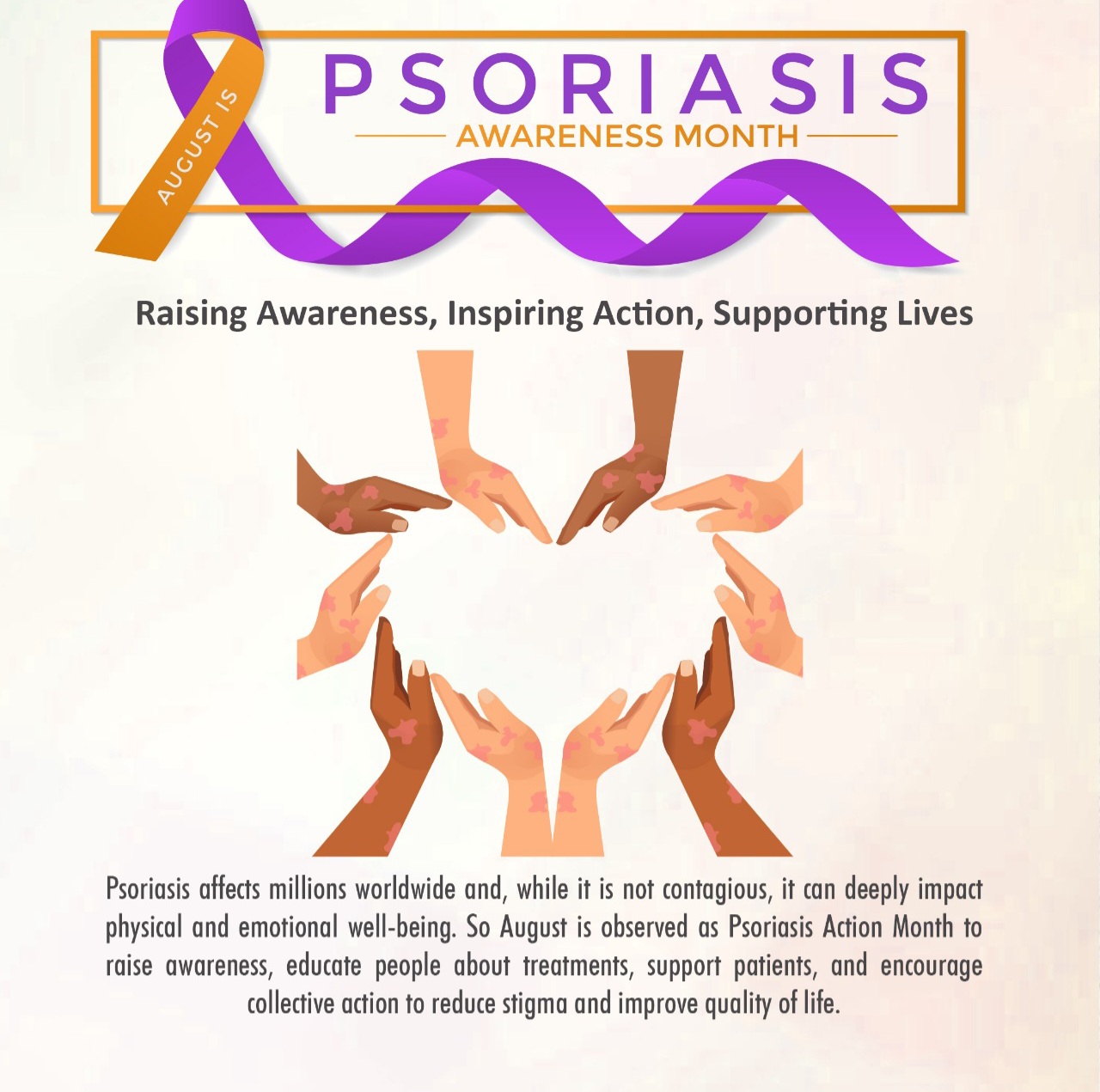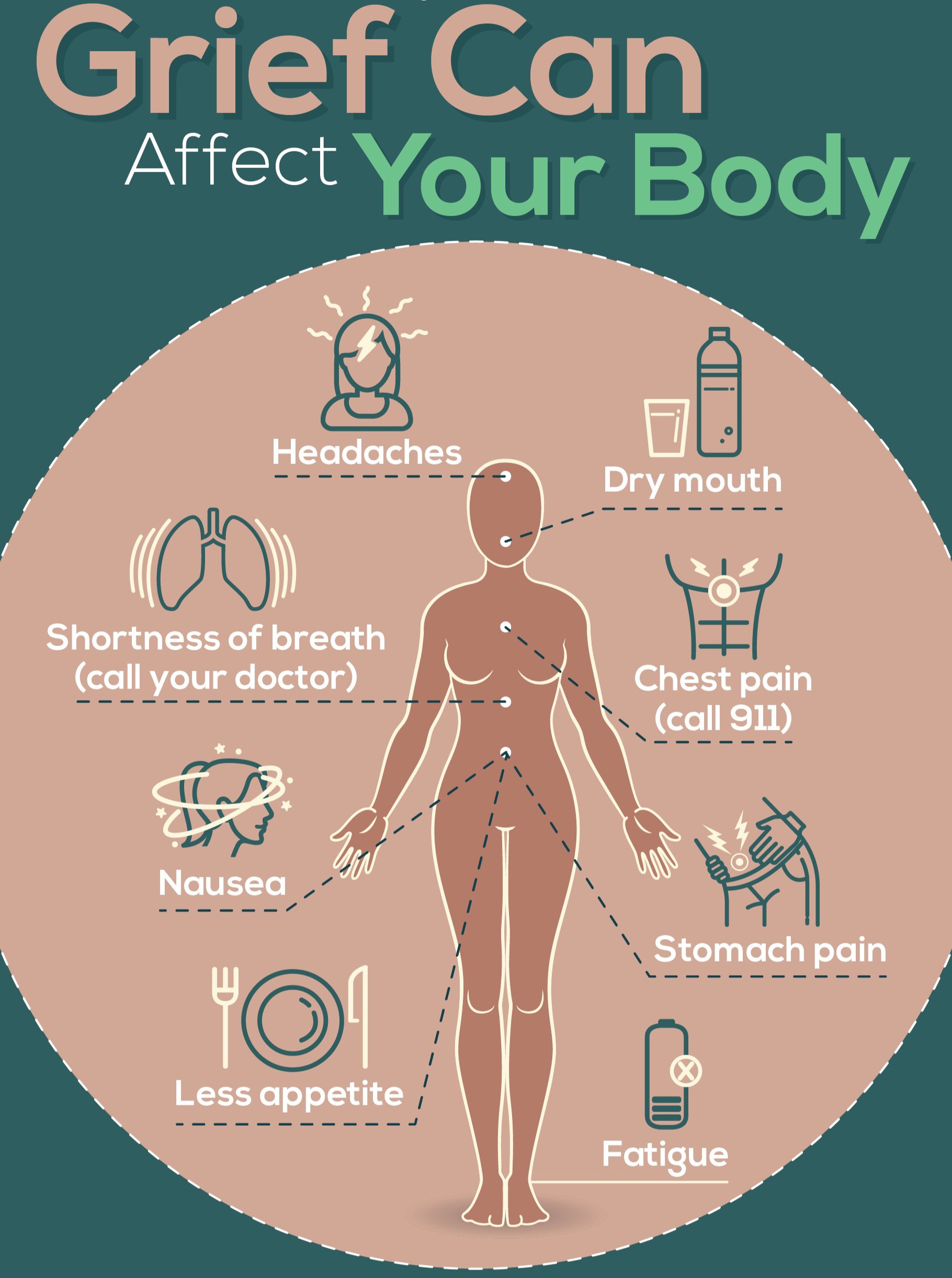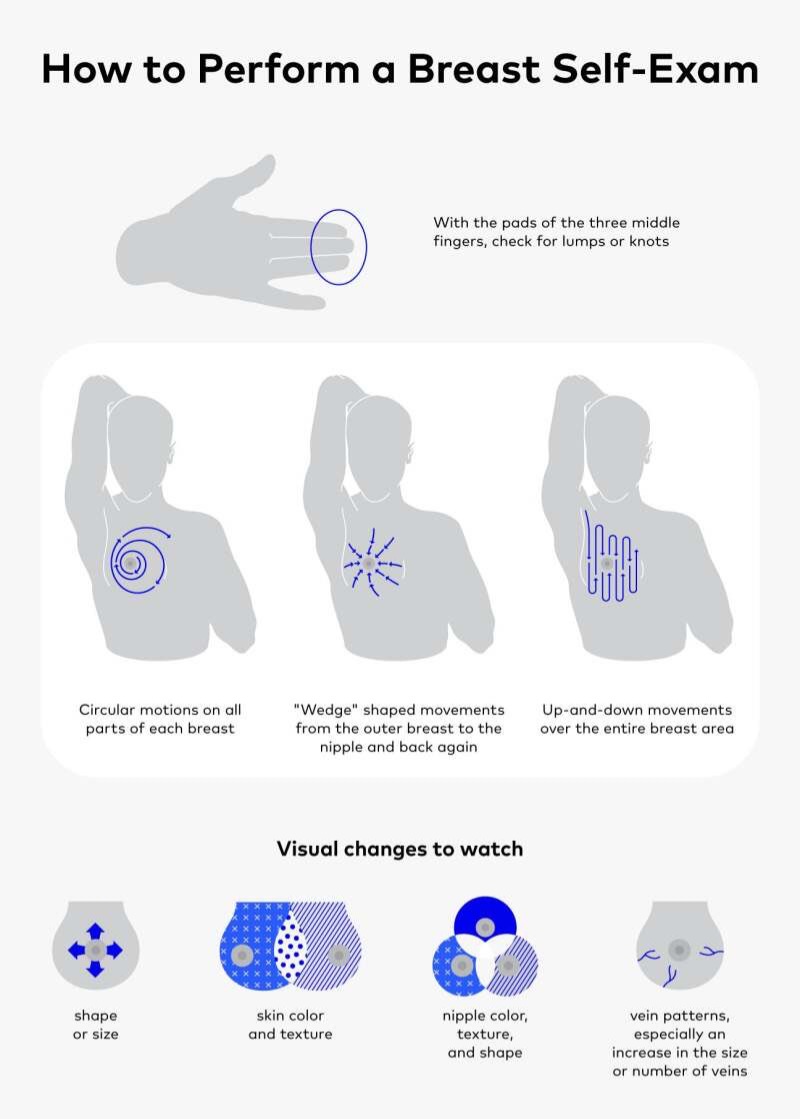Why is Sleep Essential?
•Sleep is essential for your overall well-being, influencing both your physical and mental health.
•Here are some tips for Improving your Sleep Quality;
1. Establish a Consistent Sleep Schedule: You should go to bed and wake up at the same time every day, even on weekends.
2. Create a Relaxing Bedtime Routine: You should engage in calming activities before bed, such as reading, taking a warm bath, or practicing relaxation exercises.
3. Optimize Your Sleep Environment: Ensure your bedroom is cool and quiet. Invest in a comfortable mattress and pillows. Make sure your bedding is clean.
4. Limit Exposure to Screens: You should avoid screens (phones, tablets, TVs) at least an hour before bedtime, as the blue light can interfere with melatonin(a hormone that helps in sleeping)production.
5. Be Mindful of Food and Drink: Ypu should avoid large meals, caffeine, and alcohol close to bedtime.
6. Get Regular Physical Activity: Regular exercise can help regulate your sleep patterns, but avoid vigorous activity close to bedtime.
7. Manage Stress: You should practice mindfulness, meditation, or deep breathing exercises to reduce stress and promote relaxation before bed.
What are the common sleep disorders that you should be on the look out for?
a)Insomnia: The most common sleep disorder, insomnia involves difficulty falling asleep, staying asleep, or waking up too early. Chronic insomnia can lead to fatigue, irritability, difficulty concentrating, and increased risk of anxiety and depression. It creates a vicious cycle where poor sleep exacerbates mental health issues, which in turn worsen sleep quality.
b)Sleep Apnea: This disorder involves repeated interruptions in breathing during sleep, leading to fragmented sleep and poor sleep quality. Sleep apnea is associated with increased risk of heart disease, stroke, and cognitive decline. It can also lead to mood disturbances, such as depression and anxiety, due to the lack of restorative sleep.
c)Restless Legs Syndrome (RLS): RLS is characterized by an uncontrollable urge to move the legs, often accompanied by uncomfortable sensations, typically worsening at night. This can significantly disrupt sleep and lead to daytime fatigue and irritability.
Addressing these disorders typically involves a combination of lifestyle changes, cognitive-behavioral therapy, and in some cases, medication. Treating underlying sleep disorders can significantly improve both sleep quality and mental health.
BENEFITS OF REST AND SLEEP IN PHYSICAL HEALTH
∆Sleep is a critical time for the body to repair and regenerate. During sleep, the body engages in vital processes such as tissue repair, muscle growth, and the release of hormones that regulate growth and appetite. Adequate sleep supports a strong immune system, helps regulate blood pressure, and reduces the risk of chronic conditions like obesity, diabetes, and heart disease.
∆Recovery from Workouts
Rest and sleep are crucial for recovery after physical exercise. During deep sleep, blood flow to muscles increases, aiding in tissue repair and growth. Growth hormone, which is essential for muscle development and recovery, is primarily released during sleep.
In summary, sleep is a fundamental component of both your mental and physical health. Establishing and maintaining healthy sleep routines, addressing sleep disorders, and ensuring adequate rest are essential for your emotional well-being, cognitive function and physical recovery.











































































































